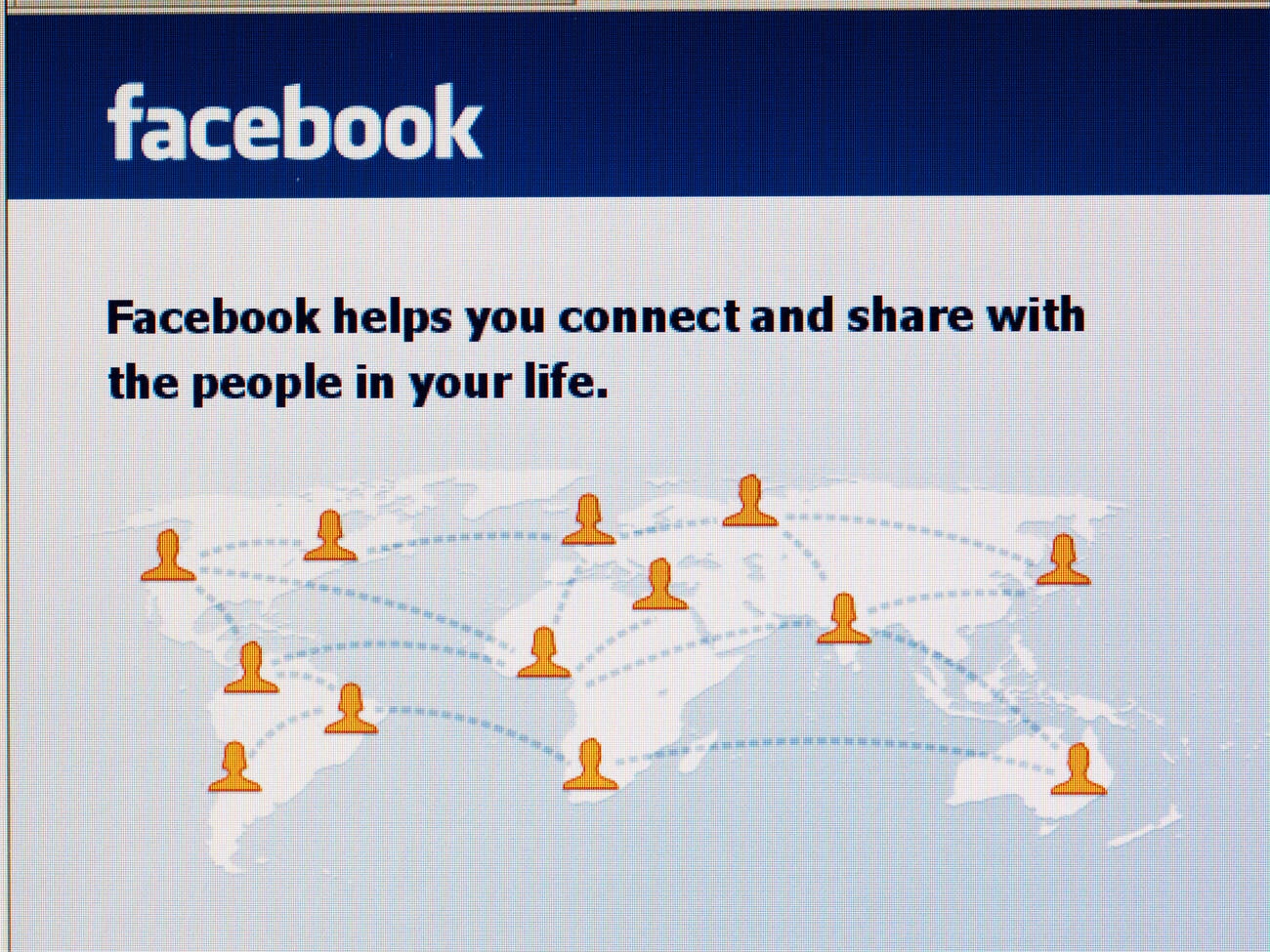When Mark Zuckerberg, a young Harvard student, came up with an idea and created the social networking website Facebook in 2004, nobody foresaw how it would greatly impact the world. Initially, he intended it to be a common site for college mates to create profiles, connect, and share social photos and educational moments as part of maintaining community togetherness.
However, it took a drastic turn as it spread to other Ivy League schools and learning institutions across the United States. The students continued using it even after college and included other peers in society. After that, Facebook quickly grew into a global social movement, especially among the younger generation. Over time, it expanded its services to other countries, becoming one of the world’s most influential social media platforms.
Do you want to learn more about the giant of social media? This article will narrate how Facebook went on a journey years later to become Meta and how it has continually changed the game within social media.
Raise to Dominance
Two years after its launch, Facebook opened its doors to anyone over 13 with a valid email address. That was the start of the company’s social media network going global. The platform first introduced features like the News Feed, which allowed users to see updates from their friends in real-time and increased user engagement. That alone set Facebook apart from other social networking sites.
The web-based platform was further propelled by the innovation of smartphones, which became favorite portable gadgets that could access the internet and the web. Hence, Facebook took advantage of this new change in tech and adapted by developing the Facebook mobile app. That was a game-changer, as it allowed users to stay connected on the go. The mobile app was user-friendly, consumed less data, and was compatible with most mobile phone operating systems, such as Android.
Facebook’s next move was to engineer a business model that would use the number of users on its platform. Hence, it introduced social media marketing and advertising to generate revenues. By taking advantage of user data in its possession, the company created highly targeted advertising campaigns, providing the most value to other businesses. Even though this approach was also met with varying opinions on using private information, leading to scrutiny from governments and regulatory bodies worldwide, it remains the most rewarding site for marketers.
Building on Instagram Followers
Facebook took another strategy to capture a wider market by taking over some competing social media platforms and companies, such as Instagram. This move was key to its growth and dominance in the social media landscape. The acquisition of Instagram was meant to capitalize on visual content and younger demographics. By linking the followers to their Facebook accounts, the company was able to expand Facebook’s user base and diversify its offerings.
In addition, to remain on top, Facebook’s strategy has been to encourage user engagement and growth in the number of followers. Followers on platforms like Instagram are seen as indicators of influence, credibility, and reach. Individuals, brands, and even celebrities often buy followers to artificially inflate these metrics, creating an illusion of popularity and influence.
For instance, if you own a business in Frankfurt, having more German Instagram followers can attract more organic followers, increase your business’s visibility, and potentially lead to higher sales or brand partnerships. Despite ethical concerns, the practice of buying followers persists due to its perceived short-term benefits in boosting social proof and credibility.
Moreover, Facebook’s acquisition extended to WhatsApp and Oculus VR. Both serve different market groups and contributed heavily to Facebook’s goal of expanding its user base and earning the company and shareholders more revenue.
The Meta Journey
The idea of a virtual world has existed for years. However, it has gained new momentum in recent years with advancements in virtual reality (VR) and augmented reality (AR) technologies. Facebook’s acquisition of Oculus VR indicated the company’s interest in a virtual world where people can interact, work, and play.
Hence, in October 2021, the founder announced that Facebook would be rebranding itself as Meta. The new name was inspired by the company’s long-term idea of creating the metaverse, an environment where users can interact in 3D spaces. Thus, Facebook is telling the world of its desire to expand user experience beyond social media to become a leader in the metaverse.
The new company is heavily investing in VR and AR technologies by reinventing advanced hardware, like the Oculus Quest headsets, and compatible software platforms to ensure the success of the launch of its metaverse vision.
The development of the metaverse has the potential to offer new and more opportunities for businesses and individuals. It could come very handy in remote work, education, entertainment, and socializing. In the long run, Meta intends to take social media into the digital economy, where users can buy, sell, and create virtual goods and services. It also encourages other companies and developers to build on its platform and create a diverse and lively virtual world.

